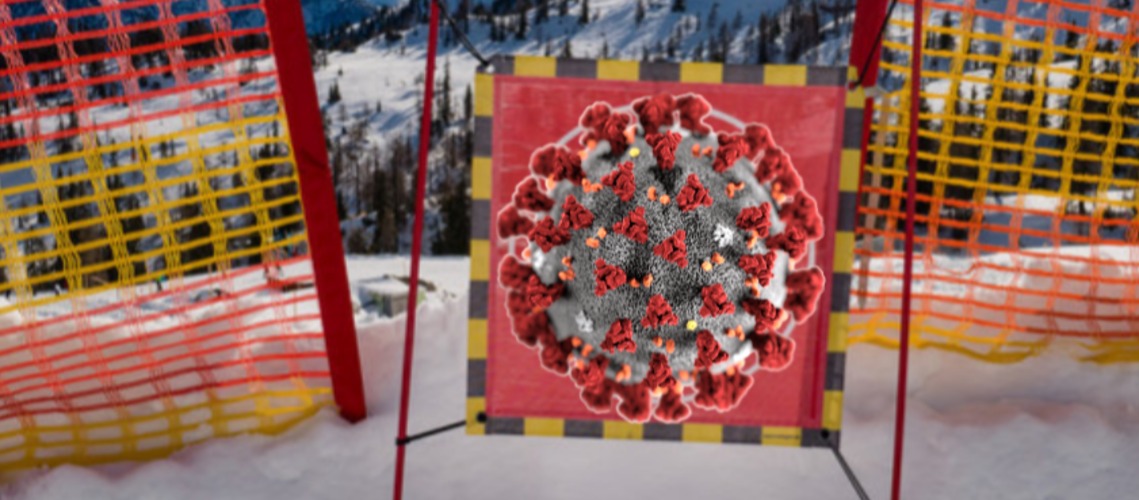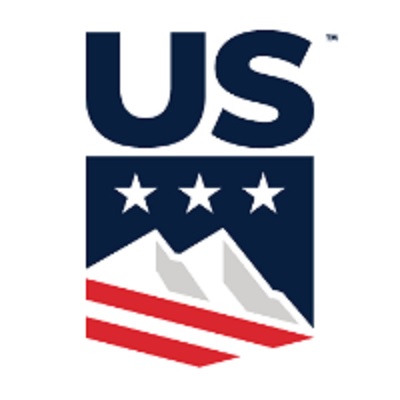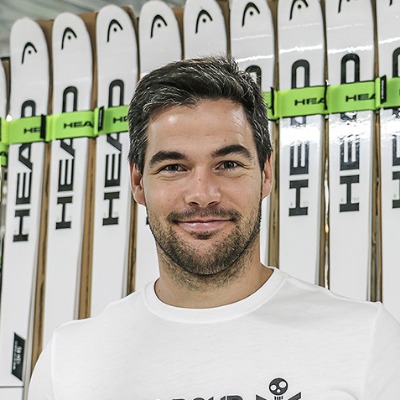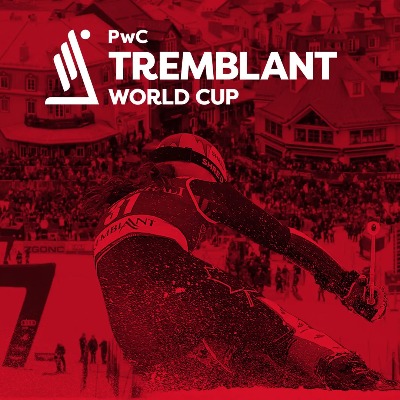Sauerland: Ski Areas Demand Exit From Lockdown Or Adequate Assistance

The number of infections in North Rhine-Westphalia and Hesse are falling, especially in the rural area of the Sauerland winter sports arena. Many industries are now pleading for the gradual exit from lockdown to be prepared. So do the ski areas in the region. Should this not happen, adequate help should at least be provided.
The ski areas are armed. In the event that the requirements are loosened and an opening is allowed, there is enough snow to be able to start immediately. The areas are in the middle of the most consistent winter season in the past 10 years. By the end of January alone, they would have had 30 lucrative winter sports days behind them. In the large areas there is so much snow that the operators are already certain that it would have lasted until at least mid-March.
The lift operators are interested in pure sports. They said goodbye to après ski in summer. This is hardly an issue in the region anyway. They have been working on the hygiene concepts since the summer and have invested six-figure sums in them. "We would have liked that our concepts had at least been checked," said Christoph Klante, managing director of the Winterberg ski lift carousel and chairman of the Sauerland ski lift association. The operators have continuously developed their concepts and adapted them to the situation, thought about responsible, step-by-step openings and kept pointing out this. "Unfortunately, this has not received any attention so far."
Sars-Cov-2 viruses are mainly transmitted by aerosols. Blocking this transmission path works best in the fresh air. Both have now been scientifically proven. Aerosol experts confirm that there is hardly any risk of infection outside. "The risk of infection outdoors is at least 20 to 100 times lower than in closed rooms," emphasizes Dr. Gerhard Scheuch, aerosol physicist and managing director of GS Bioinhalation GmbH from Gemünden in Hesse. “I consider the hygiene concept submitted by the ski areas to be more than sufficient.” And further: “From a scientific point of view, it would make more than sense to open up the ski areas in order to motivate more people to be outdoors and reduce the risk of infection indoors to reduce."
The concepts envisage working with a significantly reduced number of tickets. Advance bookings online guarantee contact-free ticket purchase and reliable limitation. In order to distribute the increased demand, the operating times can be extended. There are strict controls in parking lots and on all access roads. Visitors are guided by fences and extensive, partly electronic, information boards. In addition, safe sanitary facilities and disinfectants are available for guests. When implementing the concepts, the ski areas fall back on experiences made by the bike parks in the summer. The ski areas in Austria, Switzerland and Scandinavia now also show that it is possible to offer winter sports safely.
The operators do not fear a rush like at the turn of the year. They justify this on the one hand with the strict limitations, on the other hand, experience has shown that traffic outside the holiday season is significantly lower.
The lift operators always keep an eye on the development of the number of infections. If the positive trend continues and permission is given, they would implement their concepts carefully and responsibly. The lift operators are thinking, for example, of test days, very small ticket contingents that would then have to be increased slowly.
For most of the lift operators, the three winter months are the only source of income for the entire year. The costs, however, are incurred continuously over twelve months. After the bad pre-winter, the first lockdown in March abruptly ended skiing - in the middle of the first really winter phase of the preseason.
"We are prepared," emphasizes Jörg Wilke, managing director of Ettelsberg Liftgesellschart in Willingen. “If it continues to be impossible to open it, then at least the aids have to be adjusted.” Most ski areas had already received no bridging funds in the first lockdown. The current offers of help are also hardly effective in the case of ski areas. In effect, they would only be reimbursed 10 to 15 percent of their costs.
“Politics ignore us. It's not about getting an 'extra sausage' ”, emphasizes Meinolf Pape, spokesman for the Postwiesen-Liftgesellschaft Neuastenberg and managing director of the Sauerland ski lift association. “We would much rather earn our own income. But if we are forbidden to do that, at least we don't want to fall through the open net. "













